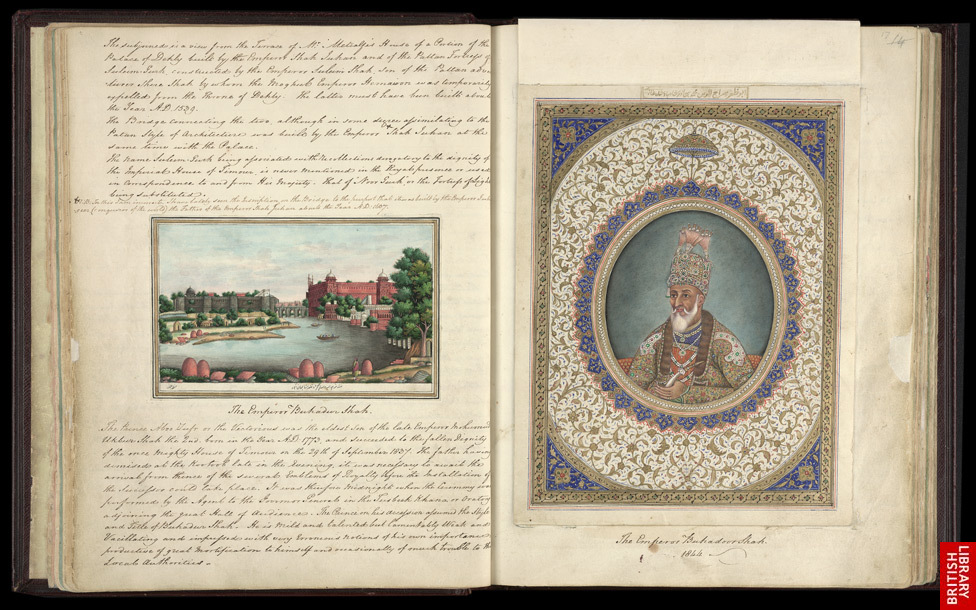FWP:
In the second line the speaker is asking a question, as Nazm points out. And as all the commentators observe, it's basically a scornful, negative, rhetorical one. (What honor does Ghalib have in the city? Why, none at all, of course!) As Bekhud Mohani observes, the whole effect works beautifully as a subtle form of praise for the King. It's so much more elegantly framed than the over-the-top hyperbolic flattery of, say, {177,10}.
The speaker doesn't seem to be 'Ghalib' himself; though of course he could always be talking to himself in a bitter and sarcastic mode, imitating the gibes of his enemies. For the speaker really does sound like an envious person enjoying a round of spiteful gossip. For another such example, see {22,9}.
I don't know where Ralph Russell got the anecdote about the first line referring to Zauq, but I'm dubious about its accuracy. It sounds like a folk anecdote to me, a back-formation from the rhetorical structure of the first line. (Or else a back-formation from a similar anecdote involving a different poem in a different genre.) And in any case, Ghalib surely didn't begin to recite a verse explicitly attacking the royal Ustad in the royal presence. So how would the emperor come to hear of a single line of an unfinished verse? It doesn't seem likely.

Nazm:
To make a sand-grain into the sun, and a drop into the sea, and the low into the high, is a shopworn theme, which people always use in the informative [ḳhabariyah] style. Look at the power of the author's literary skill [inshā-pardāzī], that he has presented that very same old theme in the inshāʾiyah style! (202)
== Nazm page 202